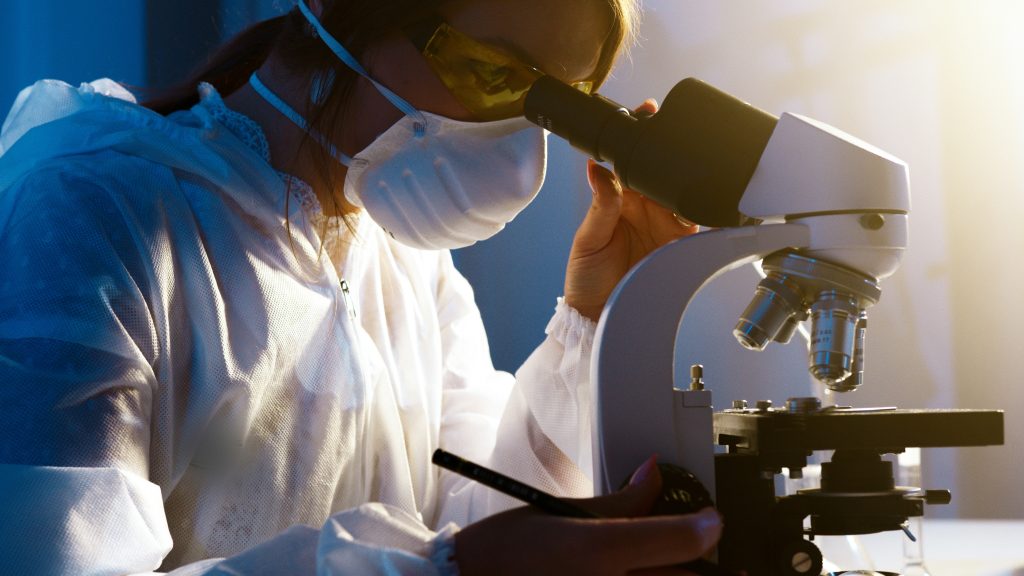Medicinal chemistry is a discipline at the intersection of chemistry and pharmacology that involves the identification, synthesis, and development of new chemical entities that are suitable for medical or pharmaceutical use.
Medicinal chemistry is an interdisciplinary science combining a variety of subjects such as organic chemistry, phytochemistry, pharmacology, toxicology, molecular biology, biochemistry, computational chemistry, physical chemistry, and statistics. It also includes the study of existing drugs, their pharmacological properties, toxic effects, and their quantitative structure-activity relationships (QSARs).

PROCESS OF DRUG DISCOVERY
Discovery:
The initial step of drug discovery involves the identification of new active compounds, often called As “leads compound”.
The lead compound are found by screening of my synthetic and natural sources, such as plants, animals and microorganism. Based on their chemical and biological properties the lead compound are selected.
Optimization:
The chemical modifications can improve the binding property and interaction (pharmacophores) of the drug candidate compounds, their affinities, and pharmacokinetics, or indeed, their reactivity and stability during their metabolic degradation
Development:
The lead compound is suitable for a clinical trial, after the successful clinical trial the compound release into the market a synthetic route of bulk production.
WATCH THE VIDEO:
